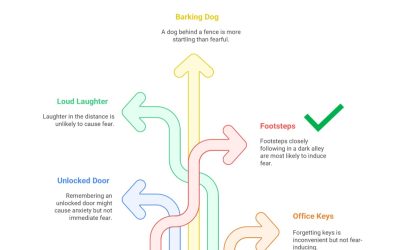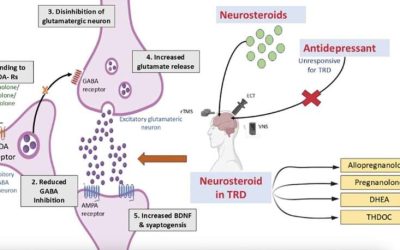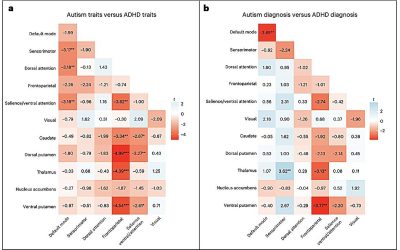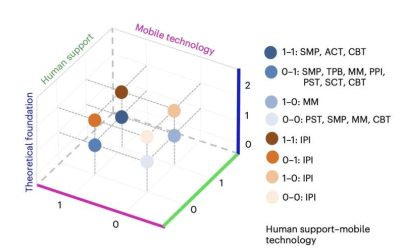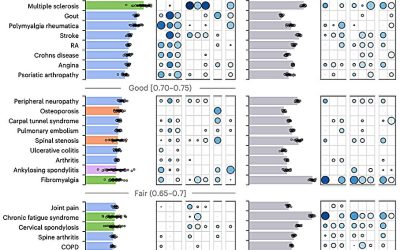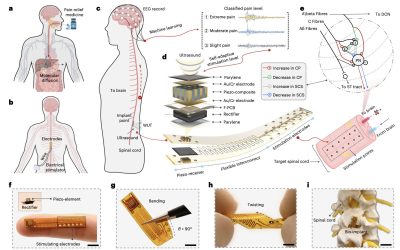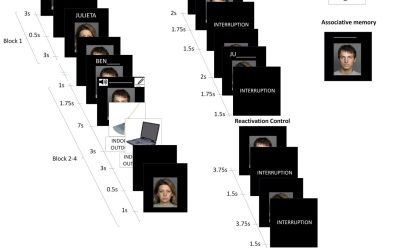Throughout the course of their lives, humans can establish meaningful social connections with others, empathizing with them and sharing their experiences. People's ability to manage, perceive and understand the emotions experienced by both themselves and others is...
MEDICALXPRESS
Neurosteroids identified as potential therapy for treatment-resistant depression
Depression, characterized by persistent sadness, hopelessness and a lack of interest in previously enjoyed activities, is one of the most common mental health disorders. Recent estimates by the World Health Organization (WHO) suggest that approximately 5% of the...
Autism and ADHD have distinct brain connectivity signatures, study finds
Autism spectrum disorder (ASD) and attention-deficit/hyperactivity disorder (ADHD) are among the most well-known neurodevelopmental conditions, estimated to affect approximately 1–3% and 5–7% of the global population, respectively. While people diagnosed with ASD can...
The protein TMEM63B allows mammals to feel thirsty, study finds
Thirst is a crucial physiological signal that contributes to the survival of humans and other animals, by allowing them to detect when they are dehydrated so that they can drink. Drinking is essential for survival and for maintaining the balance of fluids in the body,...
Sleep disorders and hearing loss share common biological mechanisms, review finds
Sleep is known to be central to various physiological and mental processes, including the consolidation of memories, supporting various cognitive functions, helping to clear the brain of neurotoxins, balancing hormones and promoting cardiovascular health. Some recent...
Assessing smartphone apps for stress relief: Mindfulness and problem-solving therapy may be more effective
The levels of stress experienced by people living in many countries worldwide, particularly by those inhabiting urban areas, have risen exponentially over the past decades. This has led to the development of numerous technological tools designed to improve users'...
Machine learning finds combined biological and psychosocial data improve chronic pain prediction
Chronic pain conditions, long-lasting medical conditions characterized by persistent pain in specific areas of the body, are often difficult to diagnose and treat. Understanding the biological markers (i.e., genes and brain patterns), psychological characteristics and...
Flexible implant detects pain levels and delivers targeted electrical stimulation wirelessly
Chronic pain conditions, characterized by persistent or recurrent pain in specific parts of the body, can be highly debilitating and often significantly reduce the quality of life of the individuals experiencing them. Statistics suggest that approximately 20.9% of...
Reactivation of specific memories can indirectly strengthen related ones, study finds
Most humans can recall specific events and past experiences for long periods of time. This capability, referred to as episodic memory, is known to be in great part supported by the activity of neurons in the hippocampus and medial temporal lobe.
Exposure to gun violence linked to widespread psychological distress in US adults
Psychology research has consistently emphasized the adverse effects of enduring or witnessing violent acts, showing that exposure to different forms of violence can increase the risk of developing various mental health conditions. Many of the most gruesome violent...

